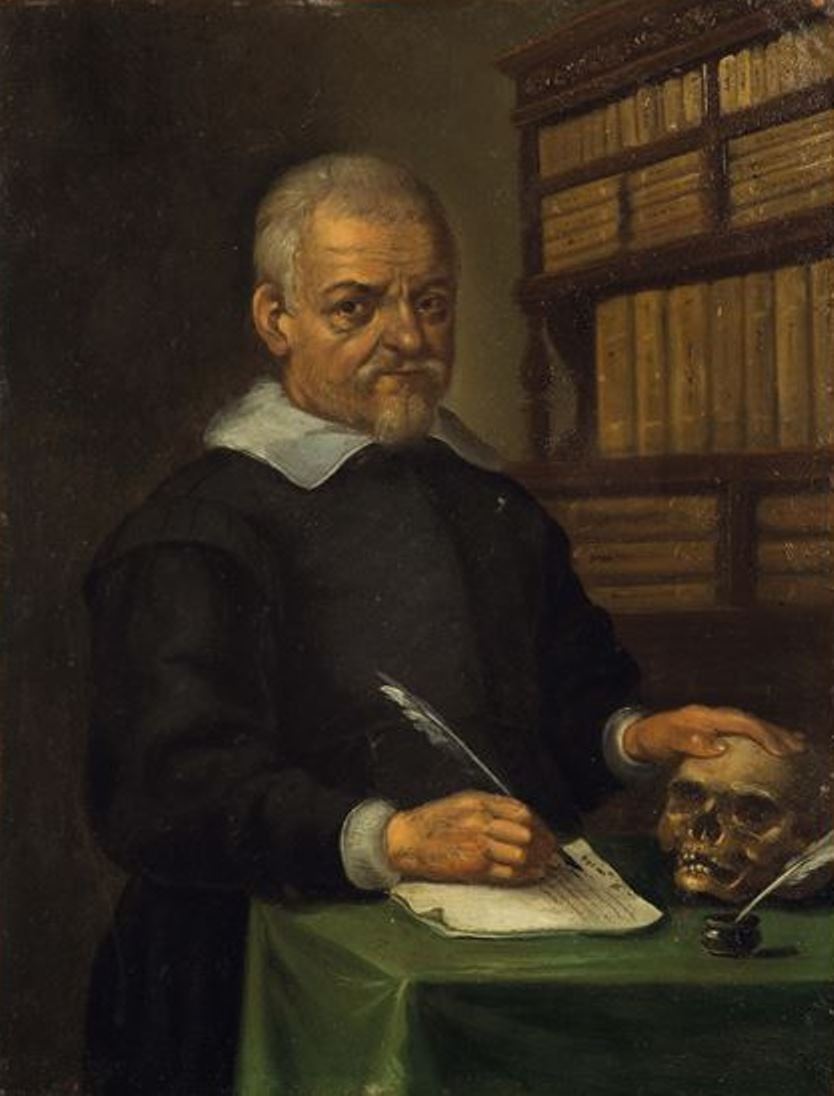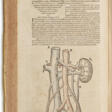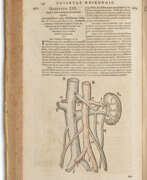Marco Aurelio Severino (1580 - 1656)

Marco Aurelio Severino
Marco Aurelio Severino was an Italian surgeon, anatomist and zoologist, one of the founders of comparative anatomy.
From childhood Severino studied Latin, Greek, rhetoric, poetry and law in various schools in Calabria, then continued his studies in Naples, soon moving from law to medicine. In Naples he met Tommaso Campanella, who had a great influence on the formation of his worldview. After receiving a medical degree in Salerno in 1606, he studied surgery in Naples with Giulio Jasolino. In 1615 Severino was appointed the first surgeon at Ospedale degli Incurabili. Severino made significant contributions to the transformation of naturophilosophy, medical and surgical practice, to which much of his printed work is devoted.
Severino's main contribution, however, lies in his anatomical works, especially the Zootomia Democritea. This work may be called the earliest comprehensive treatise on comparative anatomy. Severino is considered one of the pioneers of comparative anatomy.
Severino's cultural interests extended far beyond medicine. He corresponded with many prominent physicians and scientists of his time, including William Harvey and John Houghton in England, Thomas Bartolin and Ole Worm in Denmark, J.G. Volkamer and Johannes Wesling in Germany, and Campanella, Jasolino, and Tommaso Cornelio in Italy. Severino was tried by the Inquisition for allegedly unorthodox religious and philosophical views, but was eventually acquitted. He died of the plague in Naples.
| Date and place of birt: | 2 november 1580, Tarsia, Italy |
|---|---|
| Date and place of death: | 15 july 1656, Naples, Italy |
| Period of activity: | XVI, XVII century |
| Specialization: | Anatomist, Doctor, Scientist, Surgeon, Writer, Zoologist |

